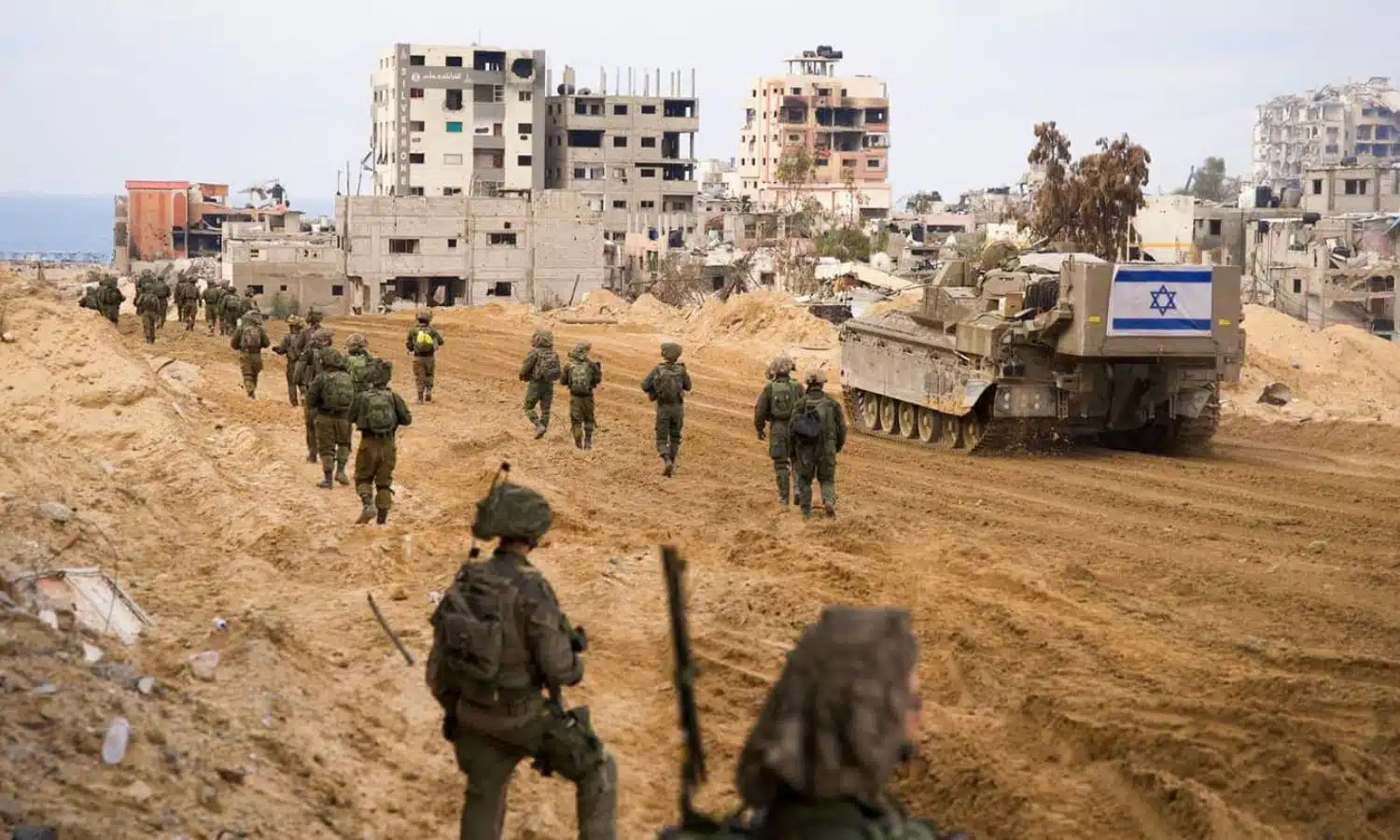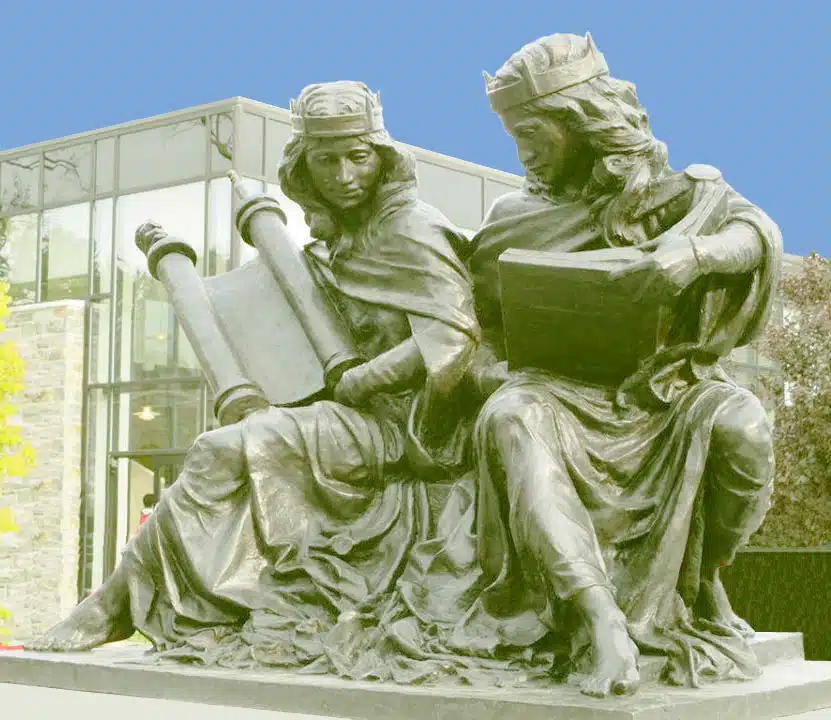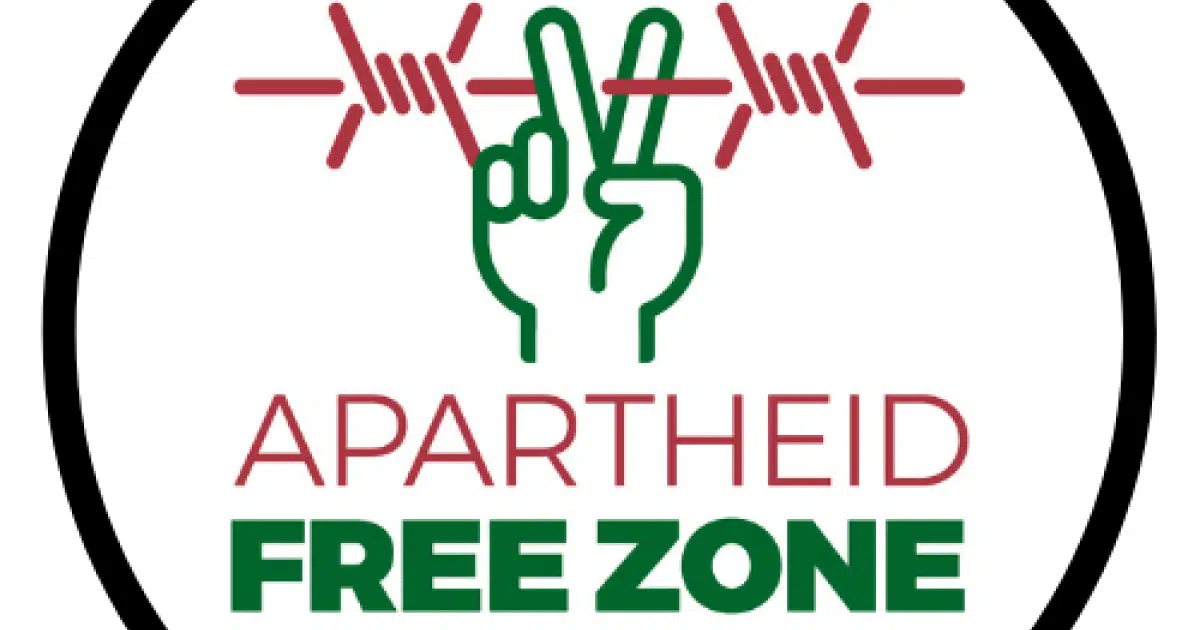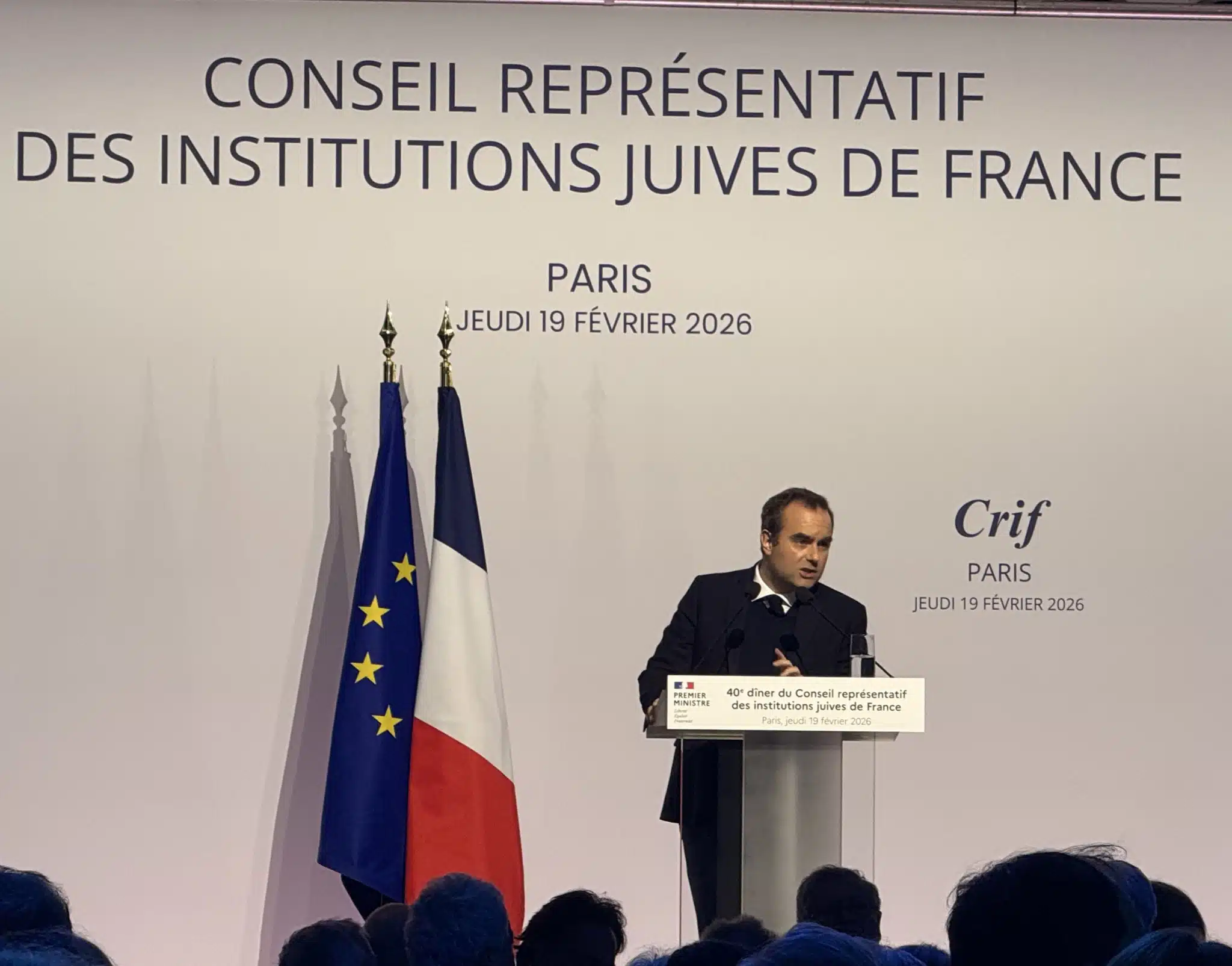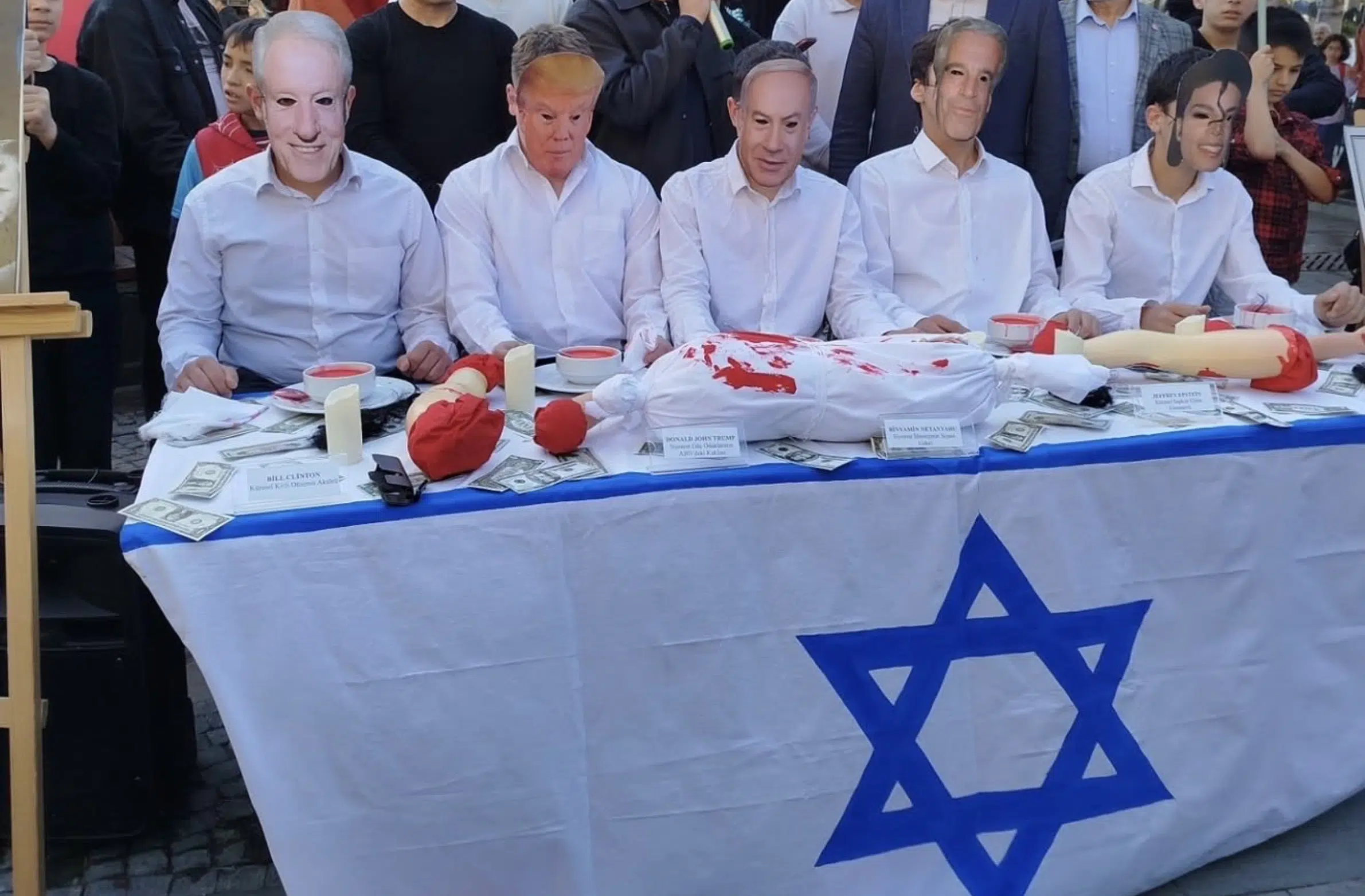|
Getting your Trinity Audio player ready...
|
The following op-ed was authored by Sacha Roytman, CEO of the Combat Antisemitism Movement (CAM).
As we embark on a new year, and after three months of war started by Hamas’ October 7th slaughter of innocent civilians, it is time to reassess the future of the long-standing Israeli-Palestinian conflict. Despite prevailing skepticism, I believe this conflict has a clear path to resolution, rooted in history and a forward-looking vision.
Historically, great opportunities for peace and progress have emerged from the ruins of conflict. The Marshall Plan spearheaded by the United States in the post-World War II era is a perfect example. This initiative not only rebuilt but also disarmed Germany, setting a global benchmark for aid, reconciliation, and reconstruction.
A pivotal step in this process is the establishment of new leadership within the Palestinian-ruled territories of the Gaza Strip and West Bank. The guiding principle should be similar to the West’s post-war strategy in Germany of bringing about a new type of leadership who steered clear of extremist ideologies. Any new Palestinian leadership must represent a firm break from, and condemn, the October 7th massacre and the genocidal ideologies of Hamas and the Islamic Republic of Iran.
The international community has a vital role to play in ensuring a more peaceful, prosperous, and secure future for all the peoples of the region.
First, it must help end the two-tier system for refugees and end the unique privilege of Palestinian refugees under UNRWA, because this has only served to create new generations of Palestinian refugees, further entrenching the conflict rather than promoting peace. Moving forward, Palestinians who are classified as refugees should join all the world’s other refugees in the framework of the UNHCR, which helps find durable solutions.
The role of education in shaping a society’s future cannot be overstated. The international community can no longer overlook a Palestinian educational system rife with incitement and must firmly institute a zero-tolerance policy against hate. International support and funding should be contingent upon the absolute expungement of antisemitic bigotry from the Palestinian educational system, including within the UN-funded schools.
Freedom of speech, a cherished value, should not be misconstrued as freedom to incite and teach violence. The international community must stand firm against any form of glorification of terrorism, be it through street names, monuments, at mosques, or in the media. The new Palestinian heroes should be those who contribute positively to society, fostering enterprise, culture, and respect for life.
The international community has a responsibility to continually assess and, if necessary, challenge the Palestinian leadership. A leadership committed to eradicating hatred and embracing peace is essential for fostering economic prosperity in the region. It’s imperative that the Palestinian leadership demonstrate an unwavering commitment to renouncing terrorism as a legitimate tactic.
The path to greater sovereignty and independence for Palestinians is a generational venture. This journey hinges on the Palestinian choice of peace over war. Post-October 7, Israel and the international community’s stance is clear — incitement against Jews, Israel, and Western societies in general is intolerable.
Furthermore, and it should go without saying, the financial incentives to murder, the so-called “Pay to Slay” program, whereby terrorists and their families are provided a handsome stipend by the Palestinian Authority based on how many Israelis they kill, must be immediately discontinued.
Peace cannot emerge from bloodshed if the latter remains more profitable than the former.
The birth of another nation grounded in extremism in the Middle East is a scenario the world cannot afford.
The solution, though seemingly simple, requires decisive action from both the international community and the Palestinians.
They both have the power to conclusively end the cycle of violence, cease all forms of incitement, embrace new leadership, solve the refugee issue, and acknowledge their past errors. This is a crossroads moment, when they must choose between seeking peace and a resolution to the conflict or aligning with destructive forces that will perpetuate the strife for generations to come.
In conclusion, the onus on shaping their future rests firmly with the Palestinian side, but it requires important decisions from the international community as well. The new year brings with it an opportunity for change, and it is up to all of us to seize it.

